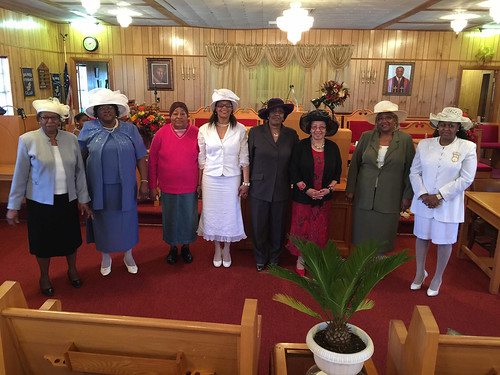Nts.concentrate of studies in this location is to examine common
Nts.concentrate of studies within this location should be to examine basic mechanisms behind effective consensus formation (i.e norm emergence) even though agents interact with one another applying basic person finding out (particularly RL) solutions. One example is, Sen et al.three,45 proposed a framework for the emergence of social norms through random finding out based on private nearby interactions. This operate is important because it indicates that agents’ private random mastering is enough for emergence of social norms in a wellmixed agent population; Villatoro et al.2,37,42 investigated the effects of memory of previous activities through finding out around the emergence of social norms in various network structures, and employed two social instruments to facilitate norm emergence in networked agent societies; Far more recently, authors in28,44,46 proposed a collective understanding framework for norm emergence in social networks in order to model the collective choice generating process in humans. While these research present valuable insights into understanding efficient mechanisms of consensus formation, they share the identical limitation to answer a crucial question, that is certainly, how can agent understanding behaviours straight influence the process of consensus formation In other words, learning parameters in these studies are usually finetuned by hand and hence cannot be adapted dynamically through the procedure of consensus formation. This assumption is against the essence of human choice making in reallife, when folks can dynamically adapt their finding out behaviours through interaction and exchange of their opinions, as an alternative to merely follow a fixed studying schedule. Our work, therefore, requires a distinctive point of view from PubMed ID:https://www.ncbi.nlm.nih.gov/pubmed/25045247 the above research by investigating the impact of adaptive behaviours through learning on consensus formation. The main CCT245737 conclusion is that apart from a variety of previous reported mechanisms for instance collective interaction protocols and utilization of topological understanding, studying itself can play a vital function in facilitating consensus formation among agents. The highlight of the proposed model in this paper would be the integration of social studying into the local person studying so as to dynamically adapt agents’ mastering behaviours for a improved performance of consensus formation. Our operate thus bridges the gap among the two distinct study paradigms for opinion dynamics by coupling a social studying process (via imitation in EGT) having a regional individual finding out course of action (i.e RL). Despite the fact that it might be expected that requiring communication among agents or added facts by way of social learning can facilitate formation of consensus, this is not simple inside the proposed model as the synthesised facts used in social mastering is generated from trailanderror person studying interactions, and this data is then utilized as a guide to heuristically adapt the neighborhood understanding additional. Tight coupling in between these two learning processes can make the entire learning system rather dynamic. Nonetheless, by synthesising the individual understanding encounter into competing tactics in EGT and adapting local learning behaviours primarily based on the principle of “WinorLearnFast”, our function has illustrated that this type of interplay in between individual finding out and social mastering is indeed beneficial in facilitating the formation of consensus among agents.  The long term aim of this research should be to obtain a deeper understanding from the function of individual studying and social mastering in facil.
The long term aim of this research should be to obtain a deeper understanding from the function of individual studying and social mastering in facil.
